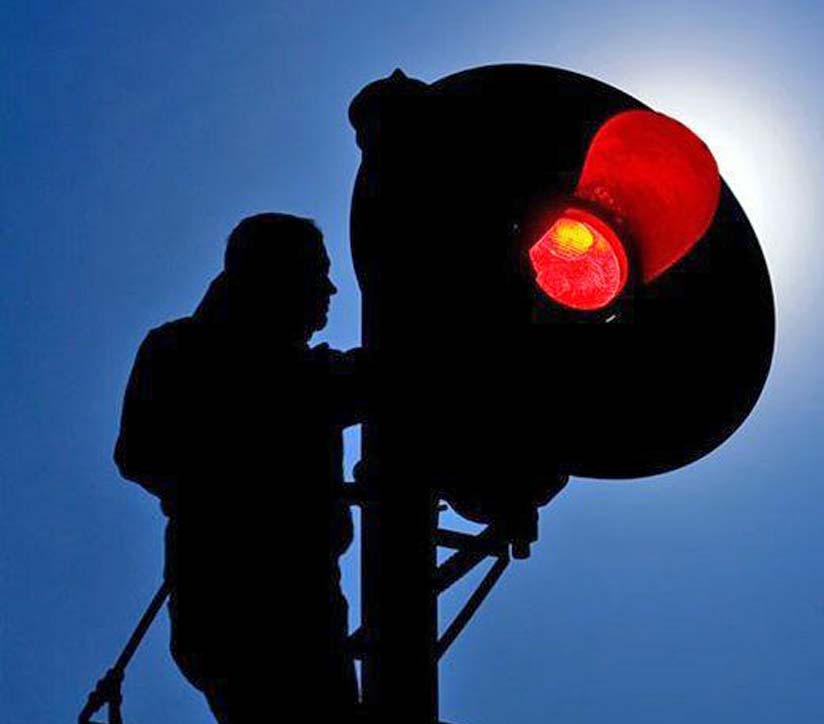
Ontario - A fired Canadian Pacific (CP) signaller who was terminated after testing positive for pot after a derailment will get his job
back, a federal arbitrator has ruled, says Blacklock's Reporter.
"An accident, by itself, is usually not enough to justify testing," wrote Graham Clarke, a rail arbitrator.
Using marijuana on call for work was "not a trivial event" but did not justify firing, said Clarke.
David Brydson, of Orillia, a signal maintenance worker, was fired in 2020 after derailing his truck in a switching accident.
There was no damage or injury and Brydson passed a breathalyzer test and oral fluid swab that "showed he had not been impaired at the time," but
failed a urine test for traces of marijuana.
The hearing was told Brydson daily took cannabis pills as a prescribed treatment for insomnia even when he was on call for shift work.
"It is a serious policy violation which puts everyone, including Mr. Brydson, at potential risk," wrote Clarke.
"Fortunately no event occurred."
The arbitrator ordered the company to rehire Brydson and instead imposed a 60 day suspension without pay.
"Canadian Pacific did not demonstrate it had grounds to test Mr. Brydson, and moreover, it also failed to prove impairment," wrote
Clarke.
The Supreme Court in a 2013 ruling said employers could only conduct drug tests with cause or consent.
In the CP case, Brydon's union, the International Brotherhood of Electrical Workers, successfully argued there was no cause to test since the truck incident
did not result in property damage or injuries.
"Far more is required of the company to support such an intrusion into an employee's privacy and dignity," wrote the union.
Transport companies typically require employees in safety-sensitive positions to be marijuana-free for a minimum 28 days before reporting for
duty.
The Public Service Alliance of Canada in a 2019 case said the blanket ban "would purport to regulate the private morality of employees without reference
to any clearly demonstrated legitimate employer interest."
Author unknown.
(there was no image with original article)
(usually because it's been seen before)
provisions in Section 29 of the Canadian
Copyright Modernization Act.
